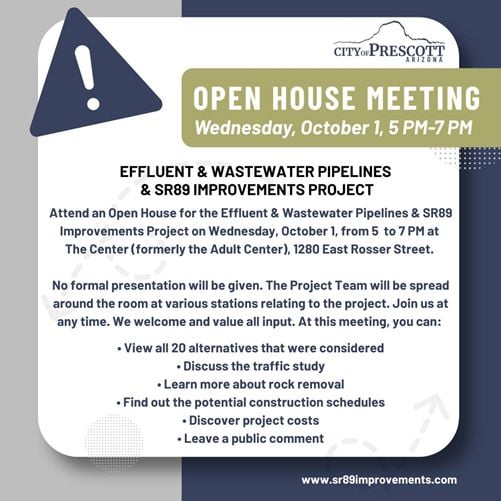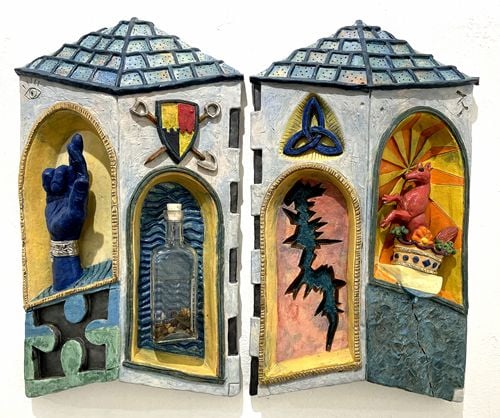Winter in Pennsylvania is no joke. Whether you’re navigating icy mornings in Erie or battling freeze-thaw chaos near Philly, your heating system is your home’s MVP. With temperature swings that can jump 30 degrees overnight, it’s no surprise heating units often give out at the worst possible time. When that happens, heater repair isn’t optional—it’s urgent.
Pennsylvania’s climate and housing stock create unique challenges. From 100-year-old homes with cast-iron boilers to new builds with heat pumps, the equipment varies as much as the weather. That’s why local knowledge matters when it comes to maintenance and emergency repairs.
Why Heating Systems Struggle in PA—and What Can Go Wrong
The state’s mix of humidity, snow, and subzero temps means systems here face more stress than in milder climates. Here are the top culprits behind heating breakdowns:
- Thermostat Confusion
Rapid temp swings often throw off older or uncalibrated thermostats, causing uneven heating or constant cycling. - Airflow Issues
Dirty filters, blocked vents, and aging ductwork reduce efficiency and strain your system—especially in high pollen or dusty areas. - Component Failures
Frozen coils, broken ignition switches, pilot light outages, or corroded heat exchangers are all common in older systems or those facing deep freezes.
If you hear strange noises (banging or squealing), notice cold spots in your home, or see your energy bill spike unexpectedly—those are signs your system is struggling. And if you smell gas, lose all heat, or trigger a carbon monoxide alarm, call a pro immediately.
Finding the Right Heater Repair Service in Pennsylvania
Hiring just any HVAC technician isn’t always enough. Pennsylvania’s diverse weather patterns and housing quirks mean local experience matters. Before booking a service:
- Verify Licensing & Insurance
Ask for state license numbers and proof of liability coverage—legit pros have nothing to hide. - Look for Certifications
NATE-certified technicians have passed industry-standard tests. EPA 608 certification is legally required for refrigerant work (like with heat pumps). - Ask Around
Local referrals matter more than flashy websites. Check neighborhood groups, hardware stores, or even your township office for recommendations.
Avoid high-pressure “emergency” sales pitches, door-to-door offers, or vague pricing. Trustworthy contractors explain the issue clearly and let you make informed decisions.
Costs, Incentives, and Simple Seasonal Maintenance
Heating repairs aren’t cheap—but they don’t have to break the bank either:
Typical Repair Costs
- Furnaces: $150–$800
- Boilers: $300–$1,200
- Heat Pumps: $250–$1,500
- Thermostats: $200–$400
- Heat exchanger replacements: $1,500–$3,000
Pro Tip: Schedule non-urgent work in spring or fall to avoid winter surge pricing.
Incentives to Know About
- State rebates: Up to $750 for qualifying high-efficiency systems
- Utility incentives: Offered by PECO, PPL, and others
- Federal tax credits: 30% off qualifying upgrades (through 2032)
- Local offers: Some cities offer weatherization support or heat pump rebates
When choosing a contractor, remember that pricing often reflects experience with Pennsylvania-specific heating issues—like humidity, freeze-thaw stress, and seasonal challenges that out-of-state companies miss entirely.
Seasonal Tips for Homeowners
- Change filters regularly—especially in winter
- Schedule yearly inspections in fall
- Keep outdoor units clear of snow, ice, and debris
- Test thermostats and clean around vents
- Always have backup space heaters and emergency contacts handy
Here’s the final tip: Heating your home in Pennsylvania isn’t just about comfort—it’s about preparedness. With the state’s unpredictable winters, aging housing stock, and wide-ranging climate zones, it’s critical to stay proactive rather than reactive when it comes to your heating system. Whether you’re relying on a gas furnace in Pittsburgh or a heat pump near Harrisburg, understanding how your system performs under pressure is the first step toward avoiding costly surprises.
Recognizing early warning signs, scheduling seasonal maintenance, and knowing when to call a professional can save you from major breakdowns. And remember—local expertise is key. Technicians who understand Pennsylvania’s freeze-thaw cycles, humidity shifts, and aging infrastructure will always provide better solutions than one-size-fits-all providers.
Managing costs doesn’t have to mean cutting corners. Between state rebates, utility incentives, and federal tax credits, there are multiple ways to reduce expenses while improving system performance. Preventive care is also budget-friendly—regular tune-ups are far cheaper than emergency repairs during a cold snap.
So here’s your final reminder: treat your heating system like you would your car. Regular checkups, seasonal readiness, and quick responses to small issues will keep it running smoothly. Because once the snow starts falling and temperatures drop into the teens, it’s not just about staying warm—it’s about staying safe, efficient, and in control.
How useful was this article ?
Click on a star to rate it!
Average rating 0 / 5. Vote count: 0
No votes so far! Be the first to rate this post.
We are sorry that this post was not too useful for you!
Let us improve this post!
Tell us how we can improve this post?















